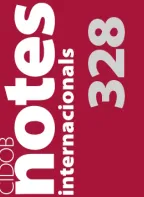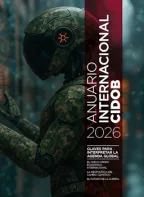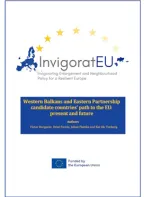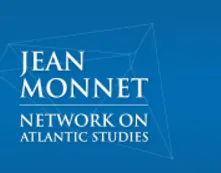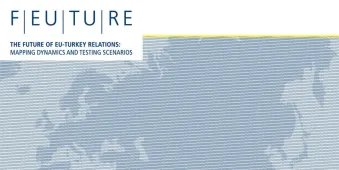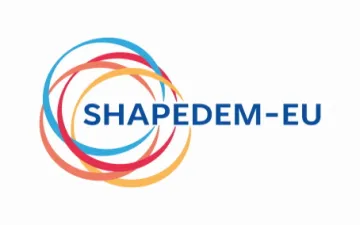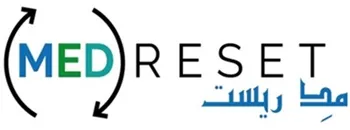Oriol Farrés
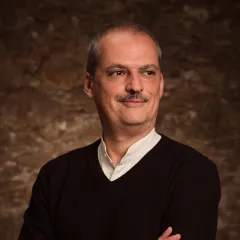
Project Coordinator – CIDOB International Yearbook
Coordinator of CIDOB’s International Yearbook (www.anuariocidob.org). Graduate in Political Science, specializing in International Relations (Autonomous University of Barcelona). His main areas of interest are: comparative politics and conflict analysis, with particular emphasis on the Asia-Pacific region. In 2014, he obtained a Degree in Data Visualization from Universitat Pompeu Fabra, and in this capacity, he has produced visualizations and infographics for several European research projects, funded by the FP7 Program (ATLANTIC FUTURE) and H2020 Program (MENARA, MEDRESET, FEUTURE, CEASEVAL, EULISTCO and BRIDGES). He has taught East Asia Studies at the Open University of Catalonia, and worked as a research assistant for the Asia Program at CIDOB. Between 2004 and 2013, he was the coordinator of the Asia Pacific Yearbook, a book coedited by CIDOB, Casa Asia and the Royal Elcano Institute.
